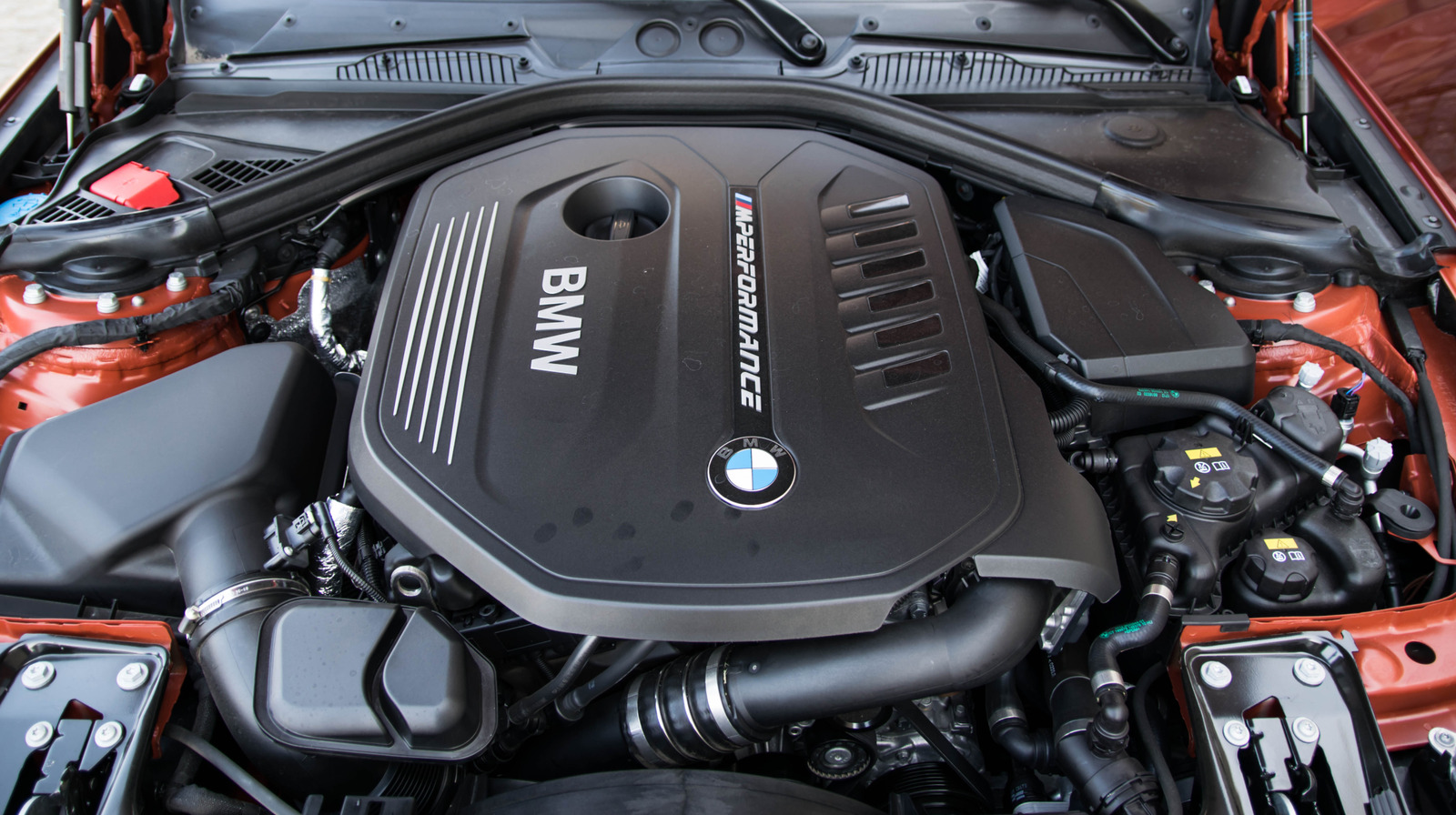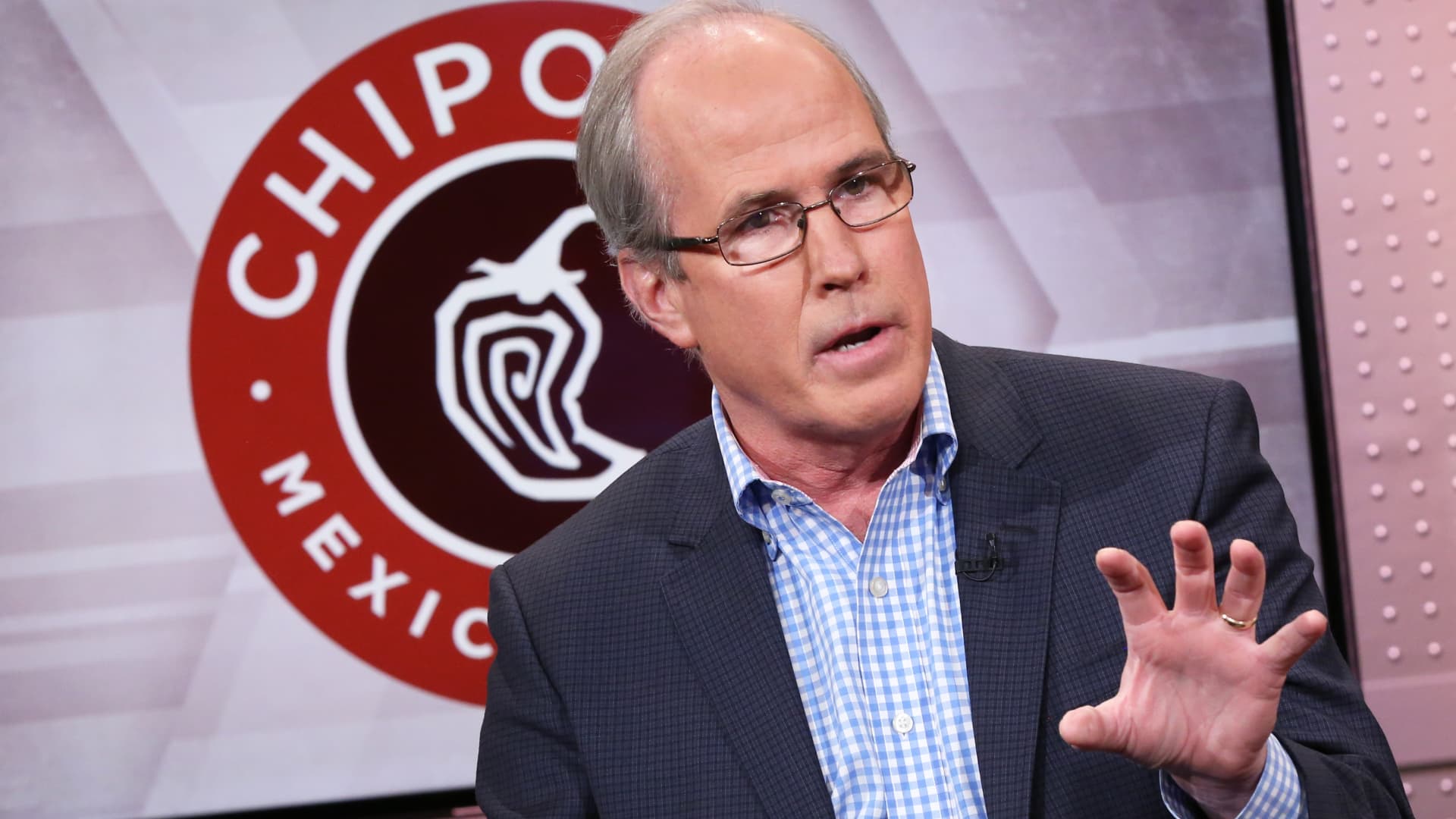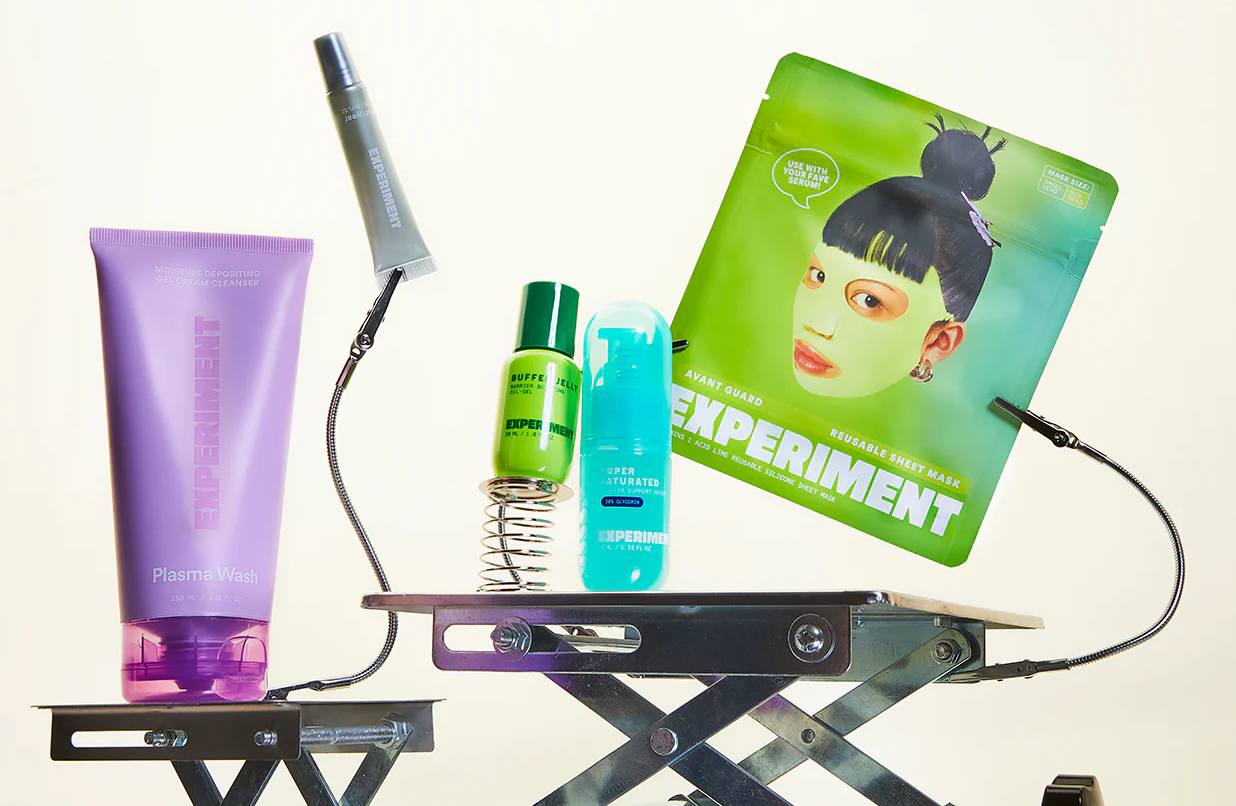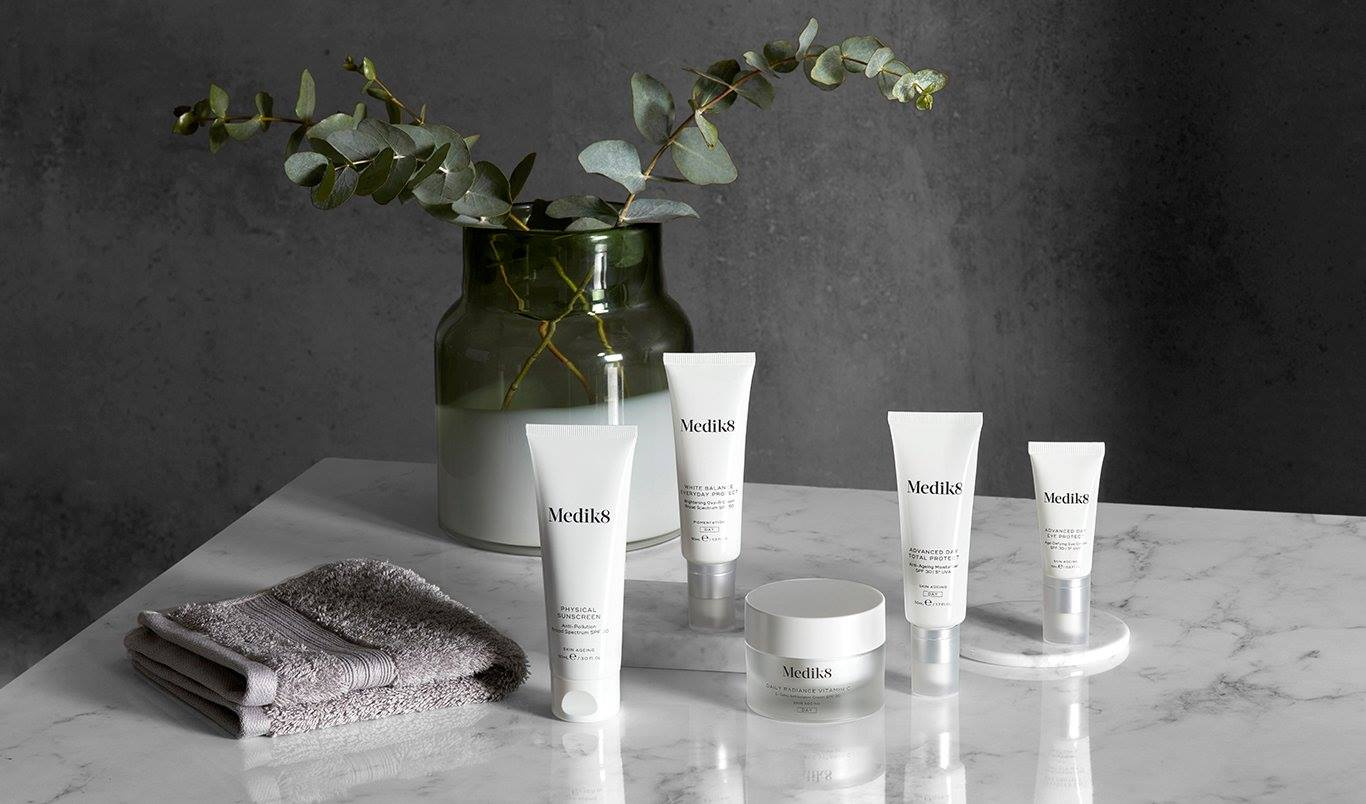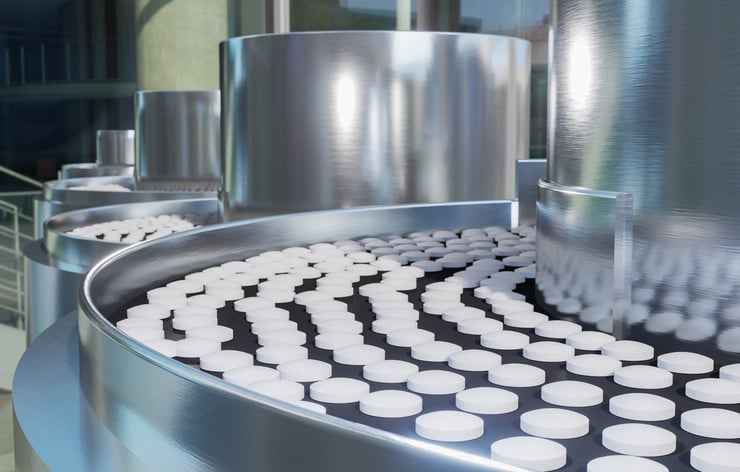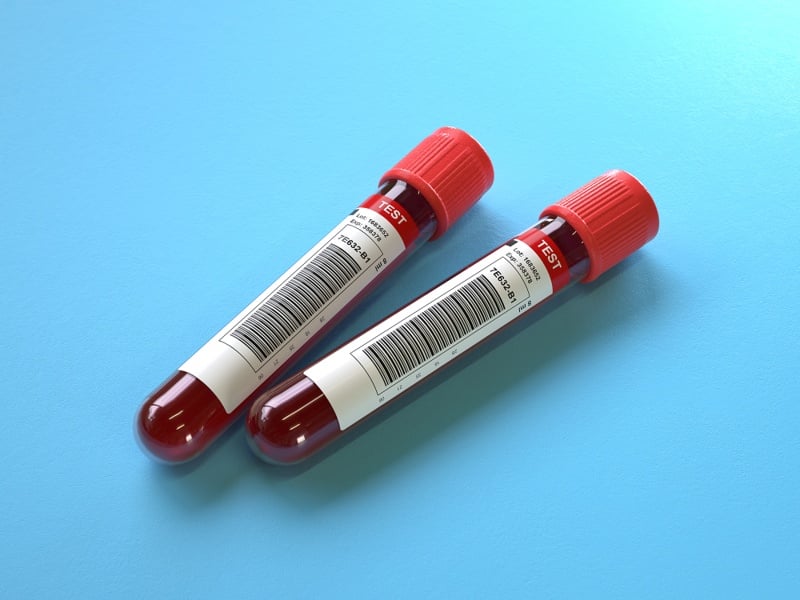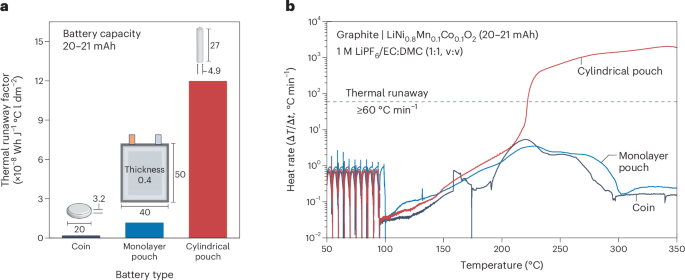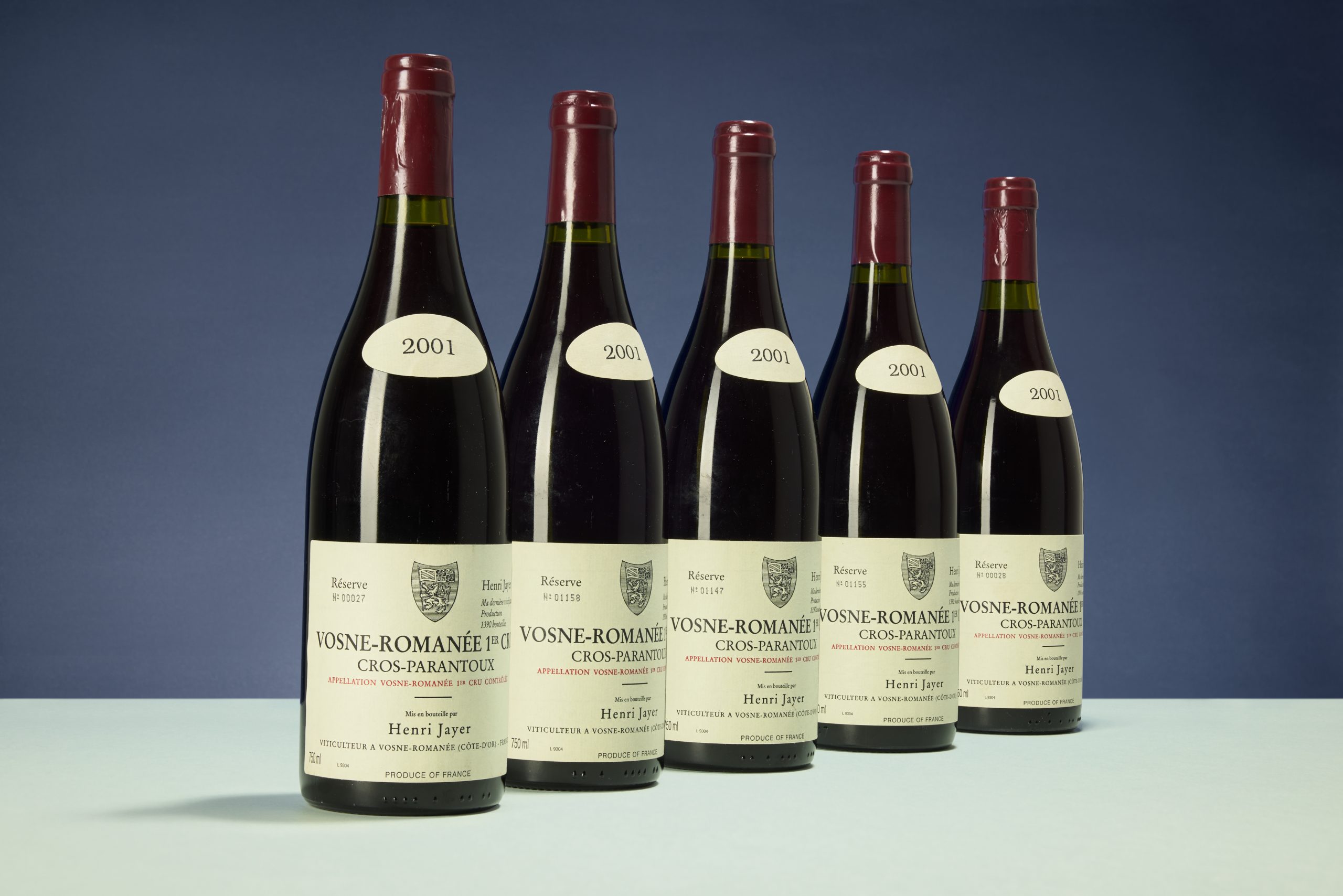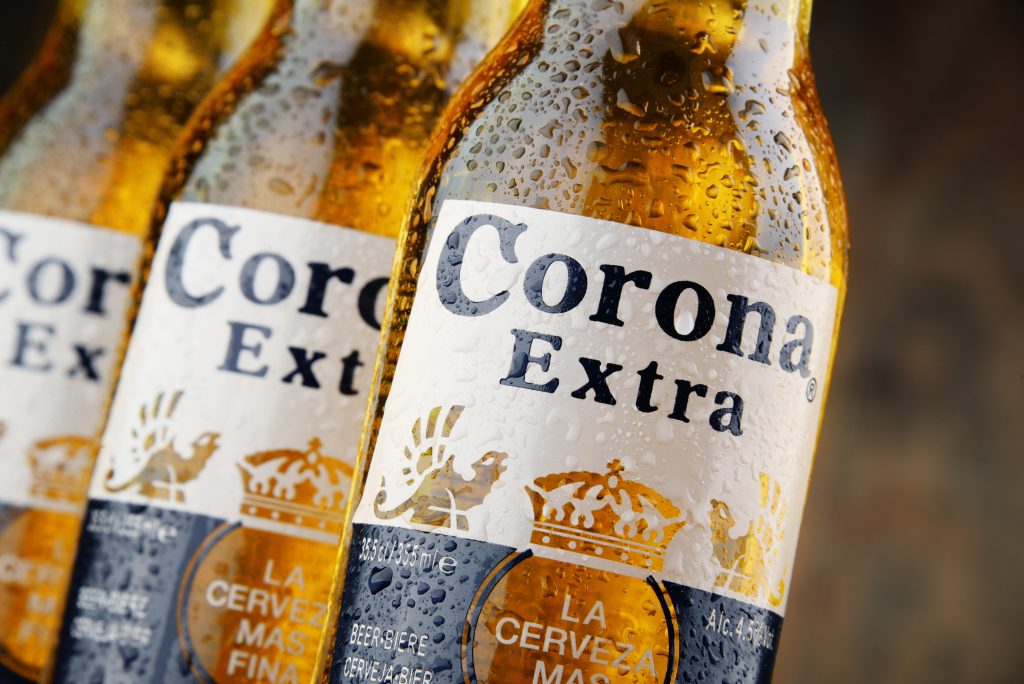Saxby Cider’s Philip Saxby on pub ties, fake brands and why he’s mad as hell
Britain’s on-trade is under siege from cartel-like supply arrangements, misleading marketing and a government that has lost the bottle to act. Saxby Cider’s founder has had enough — and wants drinkers to shout it from the rooftops. The post Saxby Cider’s Philip Saxby on pub ties, fake brands and why he’s mad as hell appeared first on The Drinks Business.

 At first glance, Extended Producer Responsibility (EPR) and Packaging Recovery Notes (PRNs) may appear to be dull bits of environmental bureaucracy. In practice, they are anything but. These measures, designed to place the cost of recycling waste on producers rather than local authorities, are a financial thorn for small drinks makers already pressed by soaring input costs.
Philip Saxby, who has been making cider on his Northamptonshire farm since 2012, estimates these charges could add as much as 10p per bottle to production costs, regardless of whether a business is technically exempt. That’s because the expense is passed down by bottlers and glass suppliers who are themselves caught up in the scheme.
The problem, of course, is not environmental responsibility per se, which Saxby does not dispute, but the tangled, inconsistent implementation and the way it penalises scale without delivering clarity or fairness. He calls it “a dreadful muddle” and the cost a blunt instrument that chips away at already tight margins.
At first glance, Extended Producer Responsibility (EPR) and Packaging Recovery Notes (PRNs) may appear to be dull bits of environmental bureaucracy. In practice, they are anything but. These measures, designed to place the cost of recycling waste on producers rather than local authorities, are a financial thorn for small drinks makers already pressed by soaring input costs.
Philip Saxby, who has been making cider on his Northamptonshire farm since 2012, estimates these charges could add as much as 10p per bottle to production costs, regardless of whether a business is technically exempt. That’s because the expense is passed down by bottlers and glass suppliers who are themselves caught up in the scheme.
The problem, of course, is not environmental responsibility per se, which Saxby does not dispute, but the tangled, inconsistent implementation and the way it penalises scale without delivering clarity or fairness. He calls it “a dreadful muddle” and the cost a blunt instrument that chips away at already tight margins.
A token gesture from the Treasury
The government’s effort to rebalance the alcohol duty system, hailed by the Treasury as the most significant reform in 140 years, has made few friends among producers like Saxby. The most publicised change was the reduction in duty for draught beer and cider sold in containers of 20 litres or more, ostensibly to support the on-trade. In practice, the benefit is marginal, especially for smaller producers who don’t deal in such high volumes. “More of a sticking plaster than anything else,” Saxby calls it. It does little to mitigate broader cost pressures, from wages to utilities, that are pushing publicans and producers to the brink. Nor does it touch the elephant in the room: the vast disparity in pricing and access between the on-trade and supermarket-dominated off-trade. The real solution, in Saxby’s view, would be a strategic tax differential between alcohol sold for home consumption and alcohol sold for hospitality. “Reduce alcohol taxes for the on-trade. Raise them for the off-trade,” he argues. Not to make home drinking unaffordable, but to encourage sociability, variety and a return to public venues as the heart of local communities.Pub ties and quiet monopolies
Saxby’s frustration doesn’t stop at Whitehall. He reserves particular ire for the quiet monopolisation of the pub trade by major drinks brands, who, through a mix of tap contracts, incentives and heavy-handed sales reps, increasingly control what consumers are offered. In one case, he was supplying a local pub until a major brand swooped in with a tempting offer: a full refurbishment of the pub garden in exchange for exclusivity on all taps. “The publican was very apologetic and said ‘I know XXXX cider is shit but I can’t turn it down,’” recalls Saxby. It’s a common refrain. Local pubcos locked into volume-based rebate deals (retro deals) with large suppliers can’t afford to stock independents, even if they want to. Cricket clubs drop small suppliers under pressure from sponsors. Cash is offered outright in some cases. “The reps can be very aggressive,” Saxby notes. “It’s bullying.” What rankles most is the illusion of independence. Pubs may describe themselves as freehouses, but if all the fonts are leased from a global supplier, choice is nothing more than a mirage. “In this case I’ve got bad news for you Mr Publican… YOU ARE NOT A FREEHOUSE.”The truth behind the tap
For Saxby, who describes the industry as being starved of oxygen, the bigger problem is not just competition but deception. In an age of provenance and storytelling, too many drinks brands, especially in cider, are built on marketing smoke rather than substance. He wants labels to tell the truth: where a cider is made, who makes it, and what’s actually in it. This is more than a philosophical point. Saxby is campaigning for a “truth in cider” movement, similar to the one already operating in beer. The Society of Independent Brewers (SIBA) introduced a stamp of authenticity that indicates whether a beer is truly independent or made by a subsidiary of a multinational. Cider, he says, needs its version, a mark that helps drinkers distinguish between the real and the relabelled. He’s especially incensed by the absence of ingredients labelling in alcohol, a legal loophole that allows companies to mask the use of apple concentrate, sugar syrups and industrial bases. “A sausage will say on the pack what percentage is fat — the consumer can then choose,” he points out. “If it is only 35% concentrate, the consumer can see this and choose this or opt for something with more juice.”Redefining what cider really is
At present, any drink with a minimal percentage of fermented apple juice can legally be sold as cider. Saxby wants to draw a clear line: 50% apple juice minimum, labelled and transparent. Anything less? Not cider. “A high-strength pear base with a flavoured syrup added is an alcopop,” he says. And it should be labelled as such. He compares the UK’s laissez-faire approach unfavourably with France, where protections around regional identity and production methods are stronger. In a country with a long cider-making heritage, including the first recorded use of the méthode traditionnelle centuries before it was adopted by Champagne, the failure to defend cider’s integrity is, in Saxby’s view, a national embarrassment.What drinkers and venues can do
Change won’t come from producers alone. Saxby believes that better-educated staff and customers can help shift demand towards independent, high-quality drinks. But the language of the bar needs scrutiny, too. “The term Premium needs to be seriously looked at when you see what brands class themselves as Premium,” he argues. “Ingredients and process would be a greater indicator of Premium than somebody arbitrarily nominating themselves Premium.” In a system where the deck is so heavily stacked, by legislation, by branding, by supplier contracts, the idea of genuine consumer choice feels more theoretical than real. But it can be reclaimed, Saxby insists, by asking the right questions. Where is it made? Who makes it? What’s in it?“I’m mad as hell and I’m not going to take it anymore”Saxby’s cri de cœur borrows its title from Network, Sidney Lumet’s 1976 satire of media and madness. The film’s unravelling news anchor, Howard Beale, delivers a primal scream into the void: “I’m mad as hell and I’m not going to take it anymore!” Saxby uses the line to frame his frustration, but also to issue a call to action, not just to producers and politicians, but to pubgoers and landlords alike. He’s quick to note that “not all big is bad” and that many small producers can be inconsistent. What he’s really after is a fair contest. One where a local pub can choose what to stock, where a drink’s label reflects its reality, and where cider — real cider — is allowed to thrive. Until then, Saxby’s message is clear. Look behind the badge. Question the tap. And if what you find makes you angry, don’t just drink it down. Step outside and shout.













